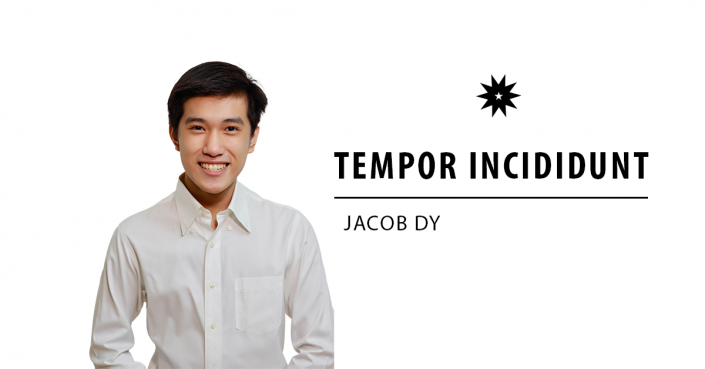
Just recently, a professor of mine released the scores for a quiz I had diligently prepared for. As soon as I opened the Canvas notification, I was shocked to see that not only did I fail, I had the lowest score in the entire class. Apart from my sense of disbelief, I was immensely frustrated. I pulled multiple all-nighters only to end up failing.
Even beyond academics, when I open my LinkedIn account and scroll through post after post of friends’ internship updates and accomplishments, my mind scrambles to answer an endless list of questions. One of these questions is asking myself if I deserve to be in my field. Should I be accomplishing more at this time? I felt the need to understand what I was going through, and after a Google search, I understood that what I’m experiencing is Impostor Syndrome.
It manifests differently from person to person, but overall, one feels inadequate or that something is always lacking. Put simply, but not lightly, it’s doubting your own skills and even expertise in a given field.
With the strong presence of social media in our day-to-day lives, it’s easier for us to compare ourselves with others. It has become a double-edged sword. While it has allowed us to connect with people we care about, it has also fueled self-doubt. The need to seek validation through social media has made it easier for us to distort how we perceive ourselves—basing our own self-worth on the number of accomplishments or even the number of likes we get on such posts.
Such was my own experience. Failing mark after failing mark, the feeling of self-doubt started to creep in. Every time I open Facebook or check my class standings in Canvas, I’ve always felt the need to compare my accomplishments with others. Despite scoring high in another exam or project, my subconscious always tries to find a way to invalidate my achievements by comparing them to someone else’s higher score or better standing. Apart from cultivating this spiraling self-doubt, my mind has me focused on the perception that I might never do enough.
I have had multiple episodes where I’d doubt if I was fit to be in this field given the number of failed exams and projects. But eventually, I realized that the more I dwell on my failures, the more I would feel my wins being crushed by the person that brings me down: myself. I tend to view myself as someone who’s perfect but I crumble when faced with setbacks, feeling like the end of the world is upon me. However, failing is completely normal. One must learn to accept failure as an opportunity to grow as a better individual. Sometimes, it may even be the best teacher.
All of us will experience becoming our own impostor at some point. It is important that we get a fresh perspective from someone other than ourselves when going through this—by having a support system to shrug off these thoughts. It is also not validation that we should seek but the assurance that we’re doing alright—that we’ve nothing to prove to anybody. No matter what our standing may be on social media—whether we’re the most accomplished or the lackluster—we need to know that we’re just ourselves. That to us, we’re enough and we’re doing alright.
One may feel inferior to what peers continuously achieve but everyone is running their own race and their own accomplishments. Everything is made perfect in its own time—in my own time. Because of this mindset, I have grown to appreciate the small wins I have, and at the same time appreciate the accomplishments of others. I no longer see the need to compare—or even compare myself to others at all. My eyes are fixed on the right goal now: to improve myself at my own pace.
The impostor in me has not disappeared and won’t be going anywhere anytime soon. It will continue to linger, waiting for the perfect time to strike. But I’ve learned to accept that I am not perfect—no one is. And that’s alright.
